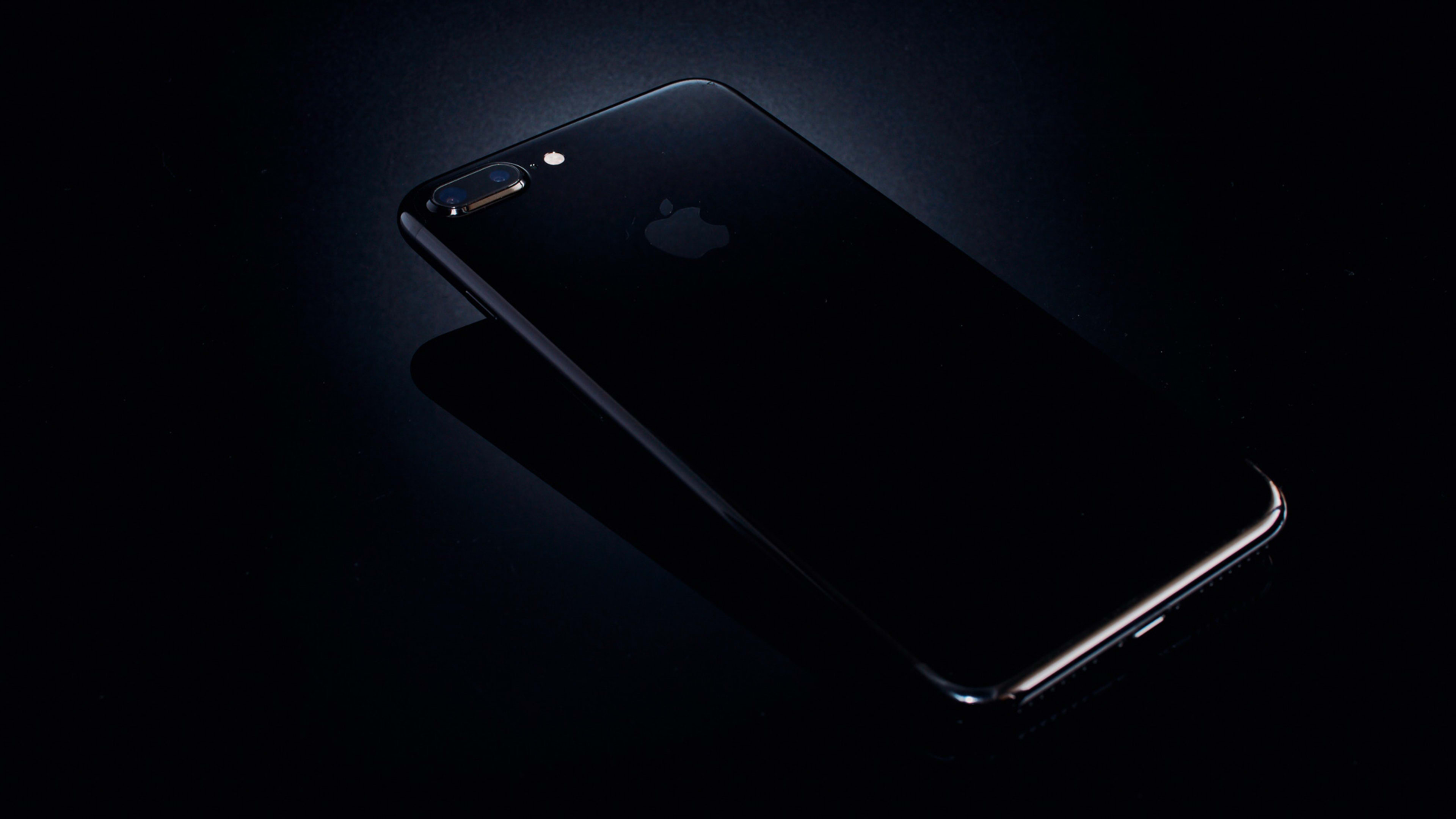Apple CEO Tim Cook said in an interview with ABC News last night that Apple will soon release a software update allowing iPhone users to turn off the now-notorious “throttling” feature. But the lawsuits just keep coming.
Apple introduced a “dynamic power management” feature to help prolong the life-spans of the batteries in aging iPhones. But it didn’t tell users, many of whom noticed their phones getting slower. Finally the company admitted to it, and apologized, on December 28. Some people were angry enough to file suit. More than 40 class actions have been filed against Apple so far. (Patently Apple has been keeping track; the current number is 45, not including reported lawsuits “in-the-works in France, South Korea, Australia, Israel and Canada.”)
The latest one—Christina Neumann v. Apple Inc.–was filed just yesterday in a federal court in Northern California by Oakland attorney Scott Cole. Cole’s firm has sued Apple twice before–once over overheating issues in the iPad, and again for the denial of meal and rest breaks for Genius Bar workers.
“It’s too little too late,” Cole said of Apple’s decision to let users shut off dynamic power management. “Countless consumers worldwide have purchased new iPhones and iPhone batteries, or dumped their units altogether, in frustration due to Apple’s lack of transparency.”
The lead attorney in another class action, Adam Levitt of DiCello Levitt & Casey, said Apple’s move today is positive but that the damage has already been done. “The fact still remains that millions of consumers have already suffered harm because of Apple’s dishonesty and manipulation,” Levitt wrote in an email to Fast Company. “Whatever Apple does should be transparent and subject to court approval, because we’re talking about the due process rights of millions of Apple customers.”
Levitt’s class action, Harvey v. Apple Inc (embedded below), was also filed in the Northern District of California. Other class actions have been filed in Southern California, Illinois, New York, and North Carolina. A California Central District federal judge is now reviewing the first class action filed, Stefan Bogdanovich and Dakota Speas v. Apple Inc, to determine if the other class actions can be united under one suit.
Speaking to ABC News about the iPhone update, Cook said, “We’re going to give people the visibility of the health of their battery so it’s very, very transparent. This hasn’t been done before.” If users don’t want the phone to automatically reduce its performance in order to prevent unexpected shutdowns, “you can turn it off,” he said. The next iOS 11 developer beta is expected in early February, meaning that a public release will likely be available in March.
Keaton Harvey vs. Apple – Battery Issue Lawsuit #3 Dec 2017 by Jack Purcher on Scribd
Read more: iPhone “throttling” plaintiff asks court to halt Apple battery recycling program
Recognize your brand’s excellence by applying to this year’s Brands That Matter Awards before the early-rate deadline, May 3.
